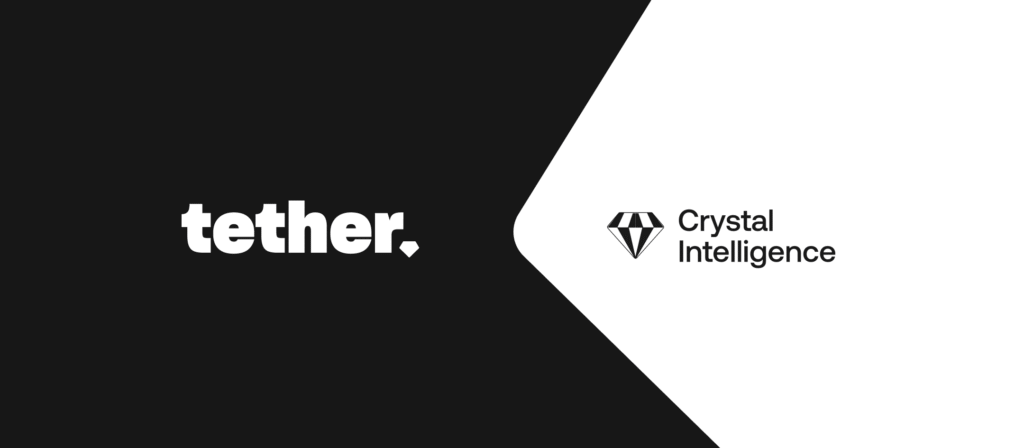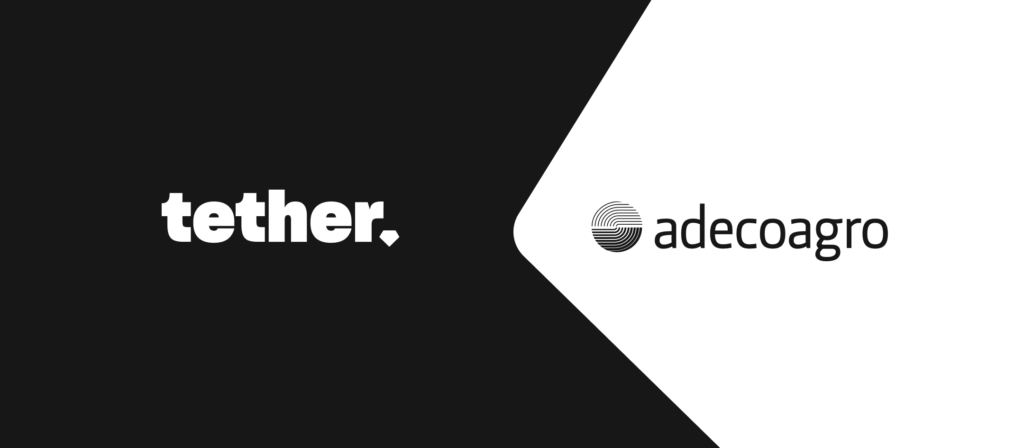Like any new idea, digital currencies are fighting an ideological battle to convince the world that they offer something beneficial, something which brings value to people globally. However, it is a battle on two fronts, convincing individuals in wealthy, industrialized countries and convincing individuals in emerging markets.
Much of the dialogue, debate, and press coverage over digital currencies is from the point of view of people in wealthy, industrialized countries.
" Why would I use Bitcoin, I have Venmo?"
" The dollar is never going to hyperinflate!"
" Why would I use a stablecoin, I can just use real dollars!"
Answering questions like these for Westerners is something we spend a lot of time doing, and there are good answers to the question of why someone in a wealthy, industrialized country would use digital currencies. However, it's only half of the story, and perhaps much less than half.
Many of the questions that get debated first in the West, don't even occur to someone in an emerging market.
Does someone living in Argentina question if they will ever experience hyperinflation? What about Turkey? Lebanon? Egypt?
Do people in African nations question why someone might want to use a stablecoin instead of "real US dollars"? Of course not, most people can't get US dollars.
And does the idea of cheap, reliable, near-instant payments hold any appeal for people in Venezuela? Of course, they can't access Venmo!
Tether in the Lead in Emerging Markets
While market pundits obsess over market cap and how large the lead is between Tether and it's competitors, the story being written in emerging markets is different.
Tether is focusing on emerging markets rather than being WallStreet buddies like other competitors.
Tether worked with ATM companies to make USDT available at over 24,000 ATMs in Brazil Nov 2022.
Two months later stablecoins, and USD₮ in particular, made up over 50% of Brazilian Real volumes.

Brazil also saw record registrations from companies in Brazil holding USD₮ which was the most widely held cryptocurrency in Brazil.
Tether provides a true utility to countries with unstable fiat currencies, unreliable payment rails, and insecure property rights. This is as true in Egypt as it is in Venezuela.
Since the start of 2022 the Egyptian pound has declined from around 15 pounds per dollar to 30 pounds per dollar. That's a 50% decline versus the dollar in one year! And that is the official rate!
Whenever a country's currency starts inflating like Egypt's has, it is practically a guarantee that a black market for dollars will emerge. In December, the official exchange rate was 24.6 pounds per dollar but on black markets it was 32 pounds per dollar. These prices are sustained by the fact that people cannot easily access dollars and there is not enough supply to go around.
USD₮ is able to bring dollar liquidity to these areas that is accessible to everyone. There are no gatekeepers, no withdrawal limits, no officially mandated conversion caps.
Anyone with an internet connection can receive and access USD₮.
People turn to Tether in Lebanon when they need to buy groceries.
People turn to Tether in Turkey when they need to protect their savings.
People turn to Tether in Myanmar when they need to fight for Democracy.
People turn to Tether in Argentina when the country's economic stability is in question.
In Africa, young people hopeful of building a better life for themselves are frequently unable to pay for the necessary academic and work credentials because they require dollars they cannot access. Governments with the most volatile currencies have heavily restricted dollar access, but Tether has provided an alternative for people in these countries. USD₮ has been a lifeline for immigration to Western countries.
Tether is committed to serving people in emerging markets globally. Let's build an open future together.








